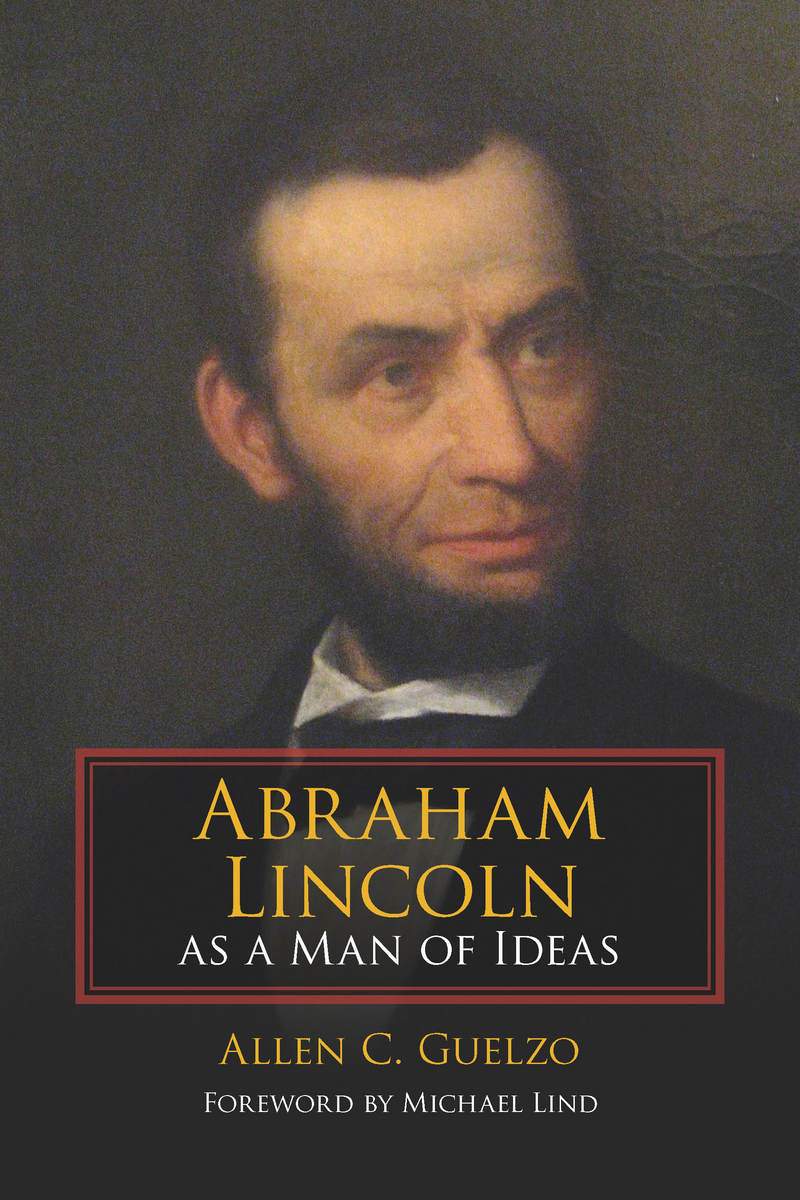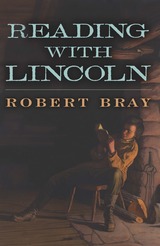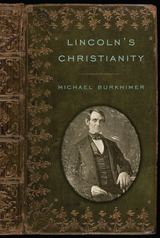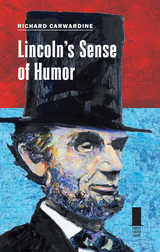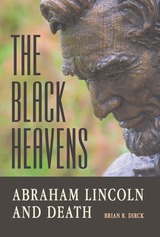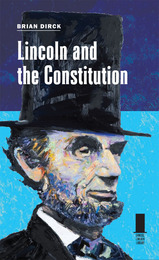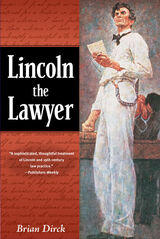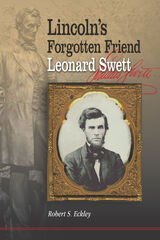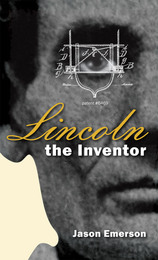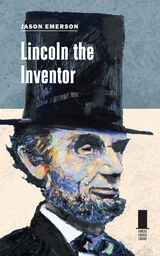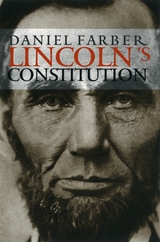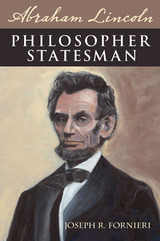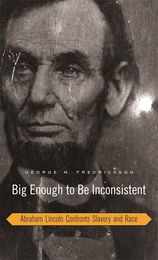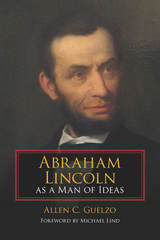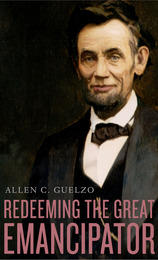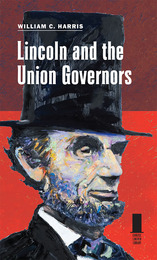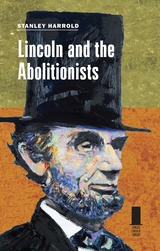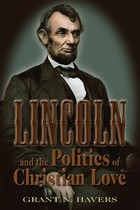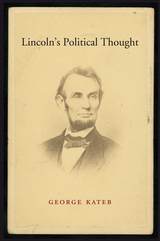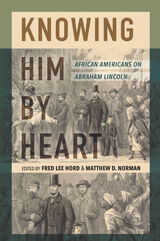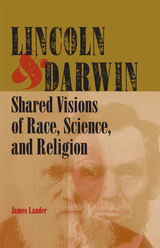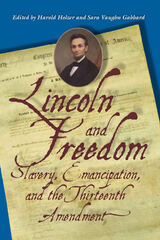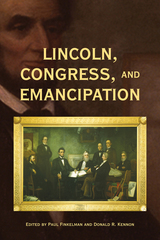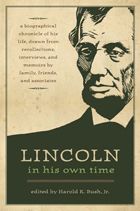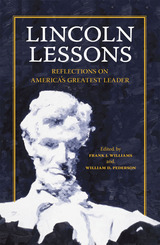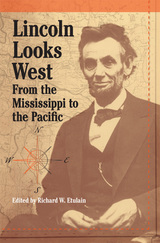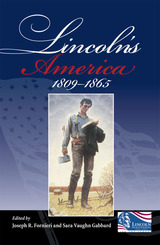Abraham Lincoln as a Man of Ideas
Southern Illinois University Press, 2009
Cloth: 978-0-8093-2861-1 | Paper: 978-0-8093-3582-4 | eISBN: 978-0-8093-8637-6
Library of Congress Classification E457.2.G875 2009
Dewey Decimal Classification 973.7092
Cloth: 978-0-8093-2861-1 | Paper: 978-0-8093-3582-4 | eISBN: 978-0-8093-8637-6
Library of Congress Classification E457.2.G875 2009
Dewey Decimal Classification 973.7092
ABOUT THIS BOOK | AUTHOR BIOGRAPHY | REVIEWS | TOC
ABOUT THIS BOOK
Despite the most meager of formal educations, Lincoln had a tremendous intellectual curiosity that drove him into the circle of Enlightenment philosophy and democratic political ideology. And from these, Lincoln developed a set of political convictions that guided him throughout his life and his presidency. This compilation of ten essays from Lincoln scholar Allen C. Guelzo uncovers the hidden sources of Lincoln’s ideas and examines the beliefs that directed his career and brought an end to slavery and the Civil War.
See other books on: 1809-1865 | Enslaved persons | Lincoln, Abraham | Man | Slaves
See other titles from Southern Illinois University Press
